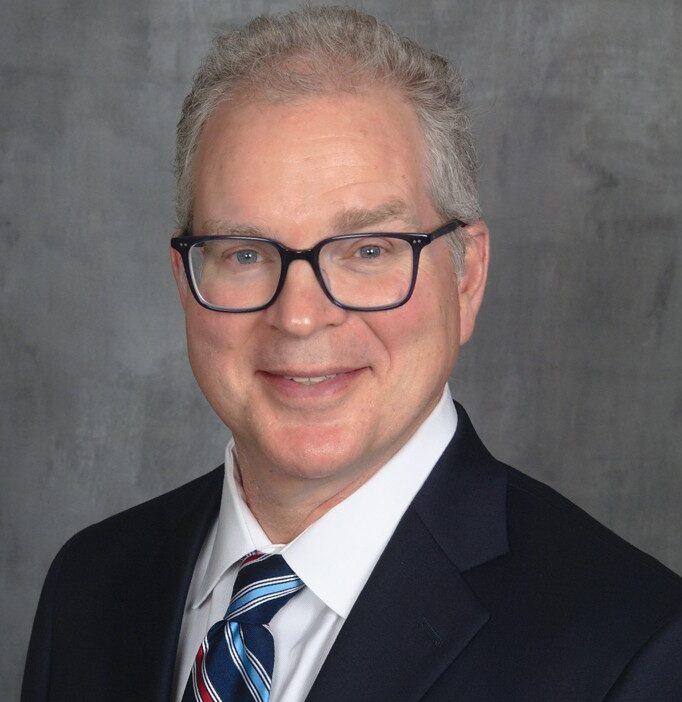Why In-Home Assessments Could Change Your Health for the Better
It’s easy to understand why regular check-ins with a doctor saves lives, especially as we age. Seven out of 10 deaths today are caused by conditions like heart disease, lung disease, diabetes, or cancer. So, a comprehensive check-up with your doctor allows for the opportunity to detect early signs of disease and illness.
Beyond prevention, a comprehensive check-up can also improve your quality of life: it can allow you to live healthier, become more educated about what your body needs, catch significant illness while early and treatable, and feel better every day. That’s why having an in-home assessment is one of the best decisions you can make for your health — and should be as easy for you.
What is an in-home assessment?
Traditionally, you might think of a doctor or nurse who visits your home as something reserved only for those who have no other option. Today, more people are opting for in-home assessments as a convenient way to receive extra support beyond what they get in the office with their primary care provider.
Think of it as more personalized time spent with a clinician in addition to your regular doctor’s office visit: a complete wellness check-up from head to toe. Along with an exam and common screenings, like blood pressure and heart rate, a clinician can check on your medicines, assess your mental well-being, and understand the total picture of your health.

“Because you have their undivided attention for longer, in-home care providers can get to know the total picture of your health and wellness needs in addition to what you receive in your primary care office.”
Mark Benson, DO – Chief Medical Officer
Why in-home assessments make sense
Having a successful primary care appointment with your doctor can sometimes pose a challenge. Because health care providers are so busy, it’s not uncommon to wait months to get an appointment. On top of that, you may find yourself spending more time in the waiting room than you do with your doctor. In fact, the average face time spent in a primary care visit is only 15 minutes.
In-home assessments are meant to help with these challenges. When a provider comes for an in-home assessment, you can:
- Avoid transportation issues
- Skip the waiting room
- Get 45–60 mins of extra one-on-one time with a clinician
Because you have their undivided attention for longer, in-home care providers can get to know the total picture of your health and wellness needs in addition to what you receive in your primary care office. They can build a relationship with you to become an informed advocate for your care. That means recognizing how to adjust your medicine, giving a detailed report of your health to your other doctors, and connecting you with resources that improve your quality of life. A caregiver or loved one is also welcome to join your appointment so you can get the most from your time with the provider.
What to expect at a visit
You may be wondering how having a clinician come to your home for an assessment would look different than visiting the office. Aside from the usual prep you might do before a primary care visit, like coming with knowledge of your current medications and questions you want to ask, your clinician may also want to assess your environment. So, the closer your home looks to how you live every day, the better. Depending on your health needs, your clinician may also:
- Ask about your medical history, including chronic conditions
- Review your care team, including primary care doctor, specialists and home health care
- Do a non-invasive exam to assess any pain and check vital signs
- Review immunizations and medications (prescriptions, over-the-counter drugs and supplements)
- Assess any social or mental health needs, including screening for depression
- Test cognition and memory
- Assess nutrition and do an A1c skin-prick test for diabetes
- Ask about advance care planning
If a representative has informed you that you are an eligible Lucet member, an in-home assessment will be covered for you. The exam, screenings, bloodwork, etc. conducted during the visit are fully paid for by your health plan. After your in-home assessment, we recommend following up with your primary care provider. Your in-home care clinician can share notes from your in-home assessment with your other providers.
Mark Benson, DO is chief medical officer at Lucet.




